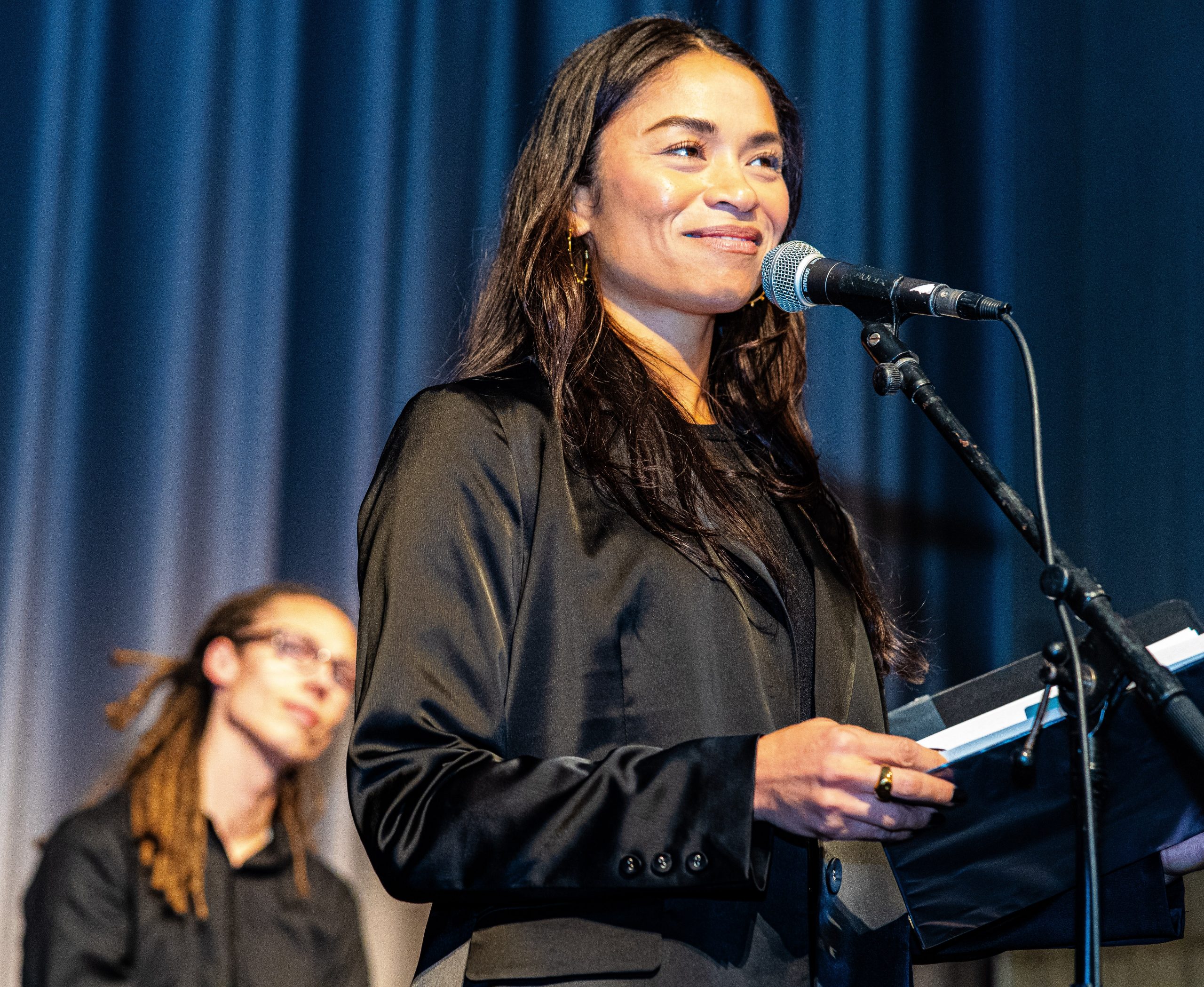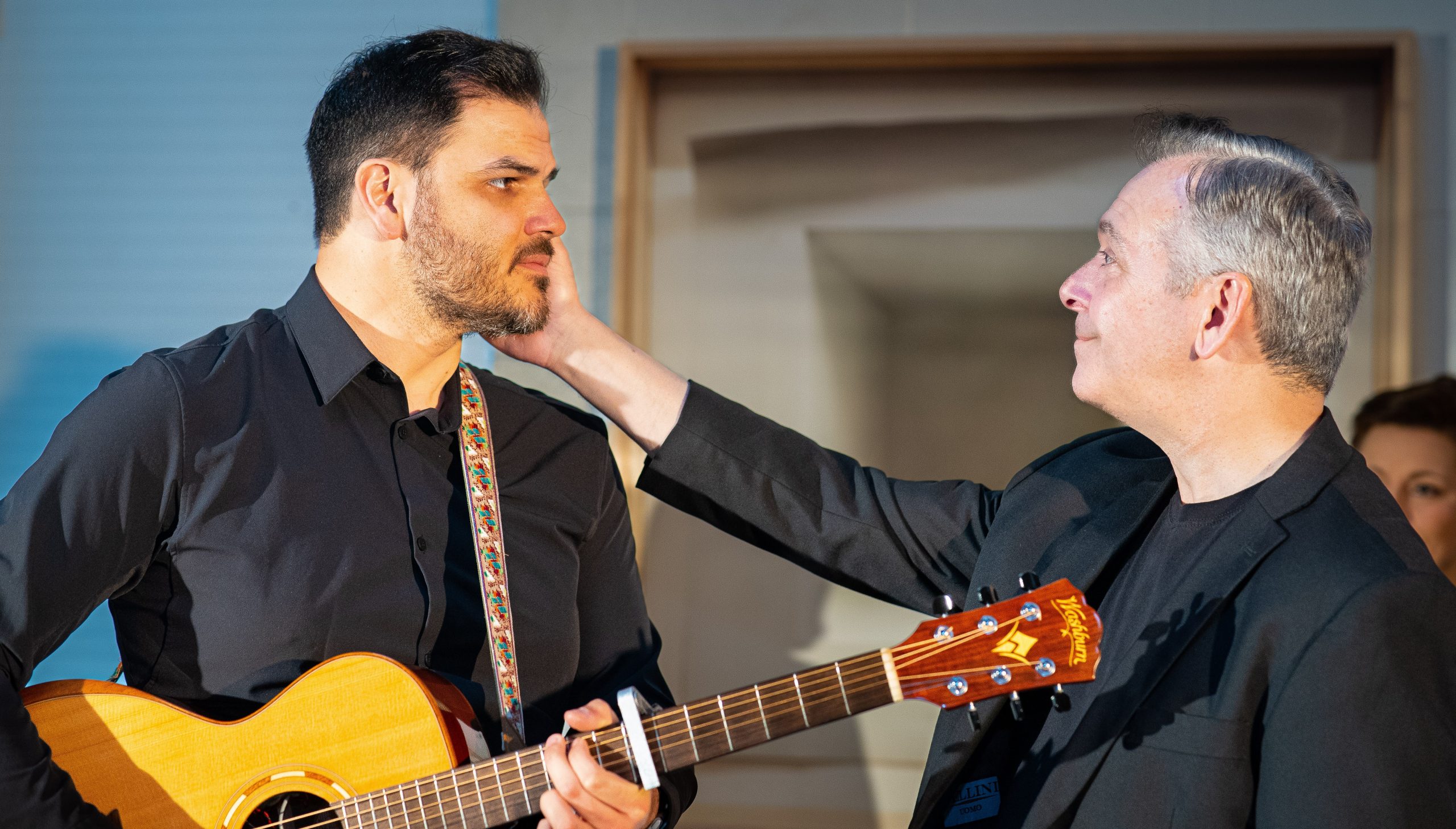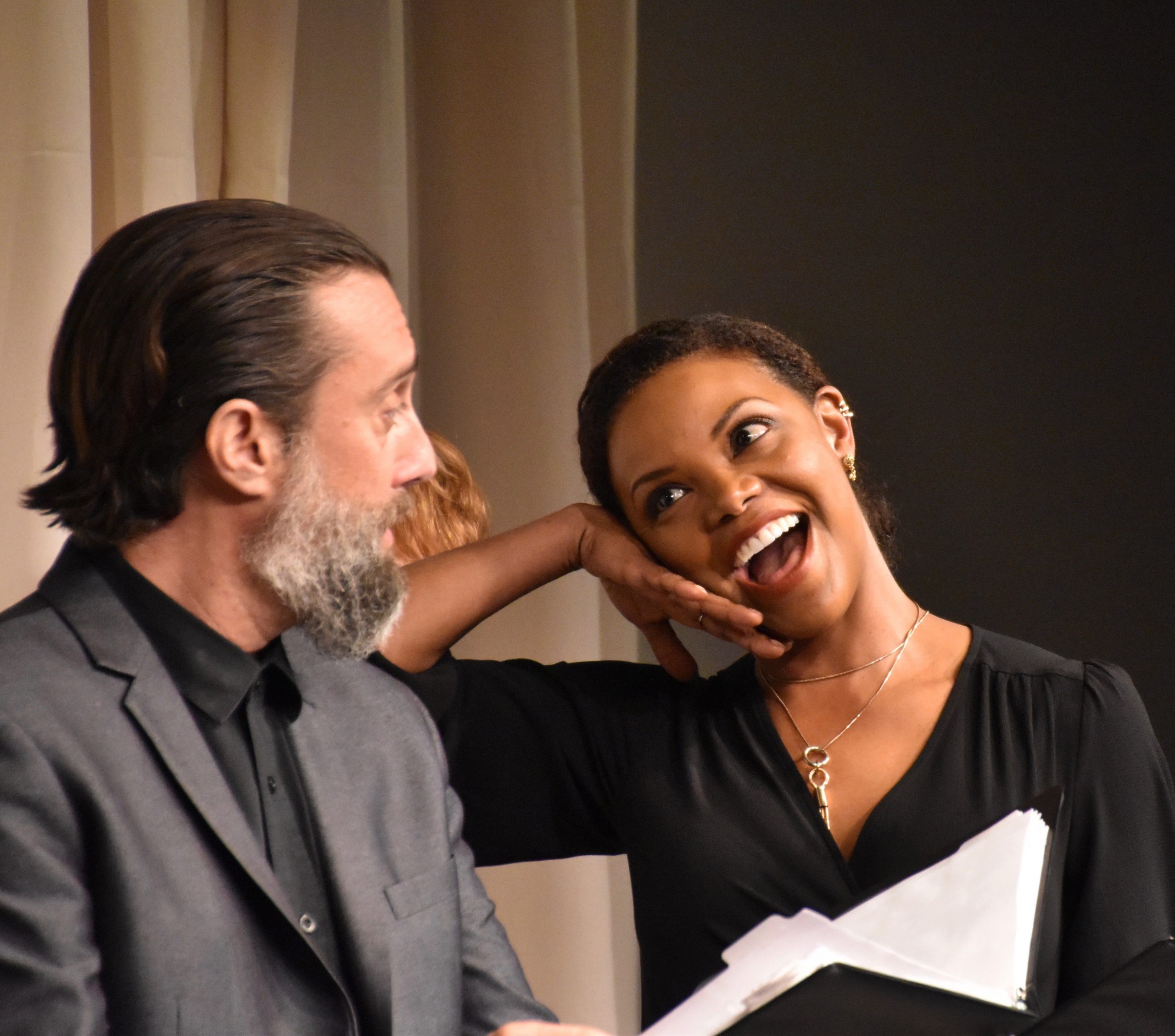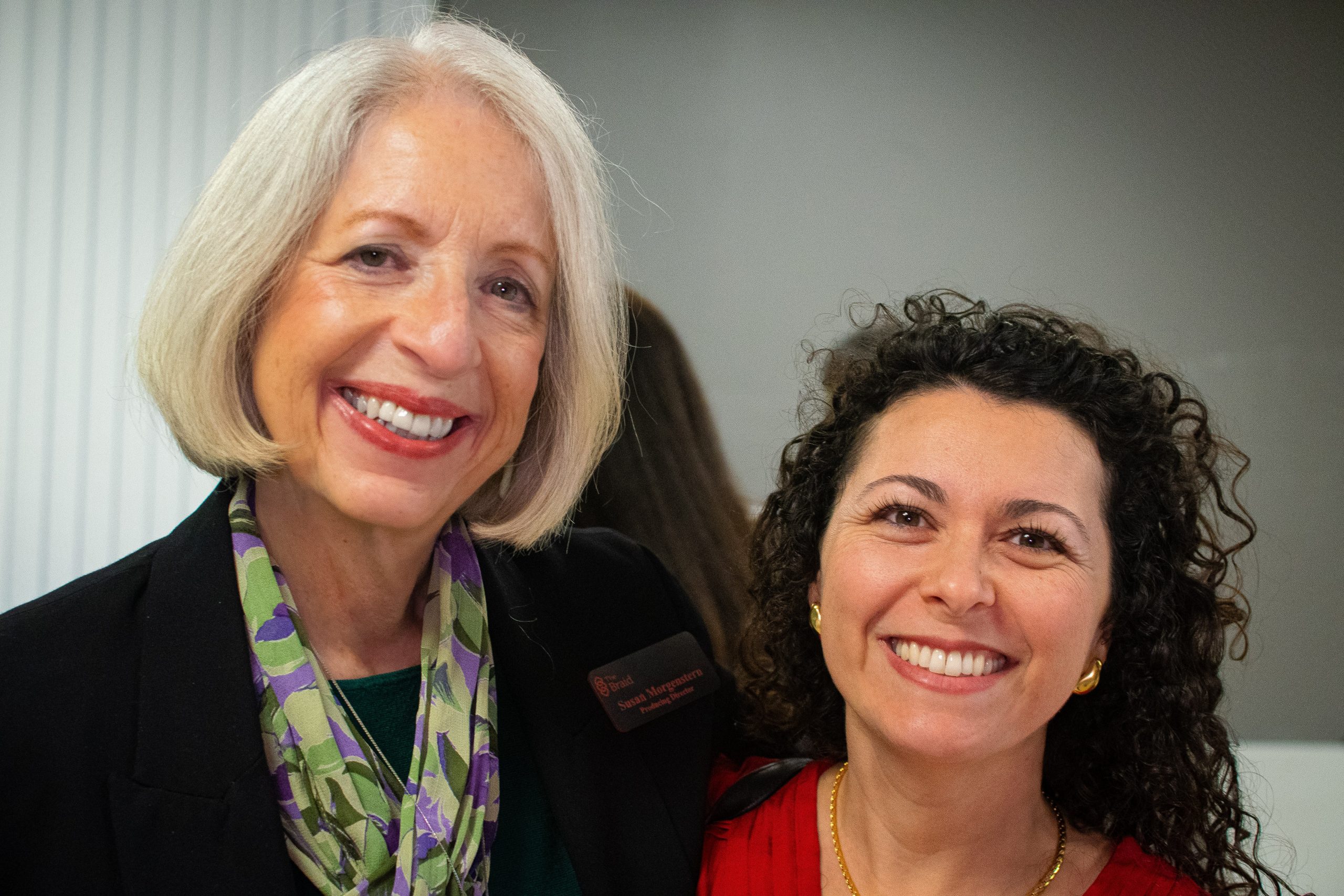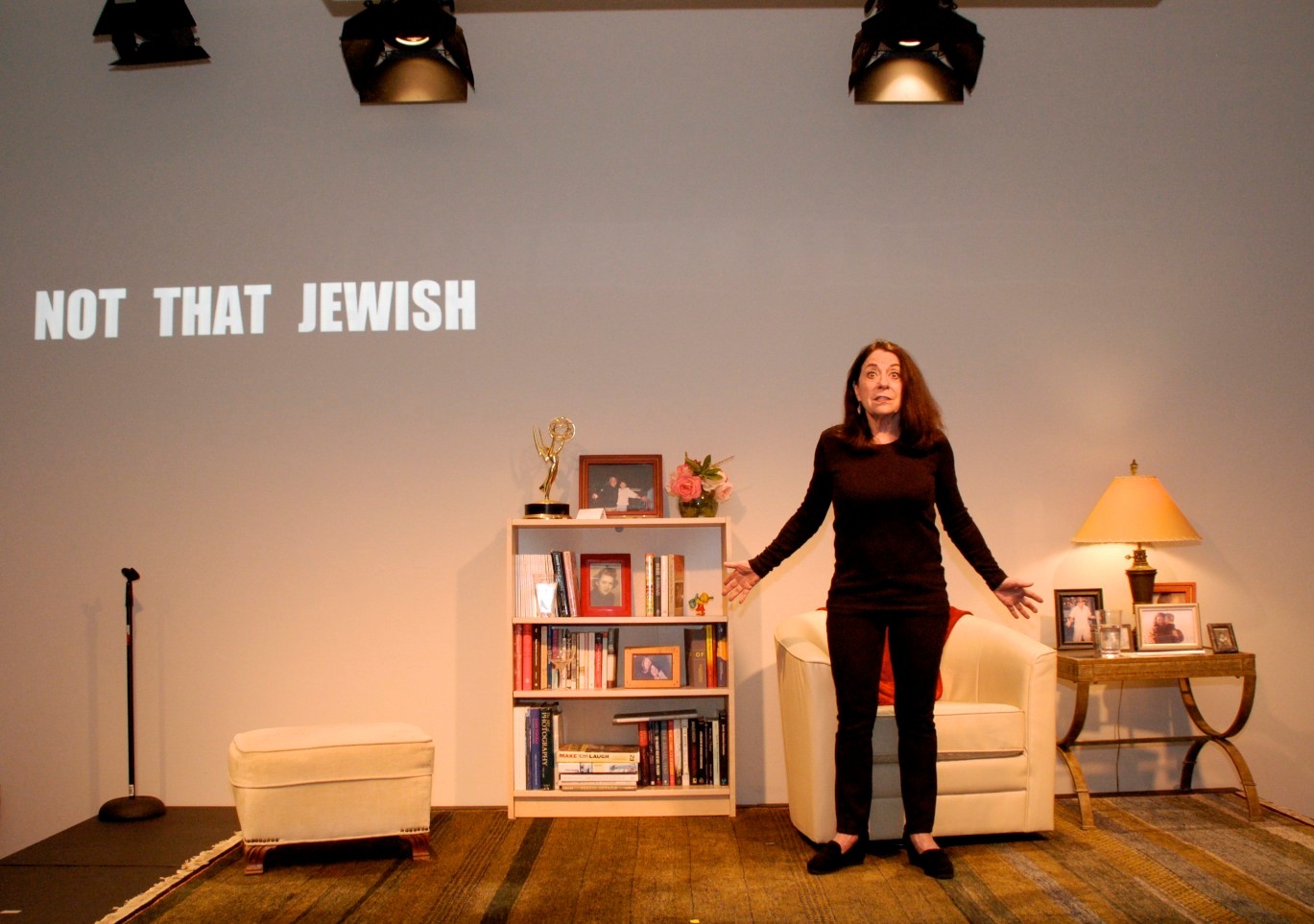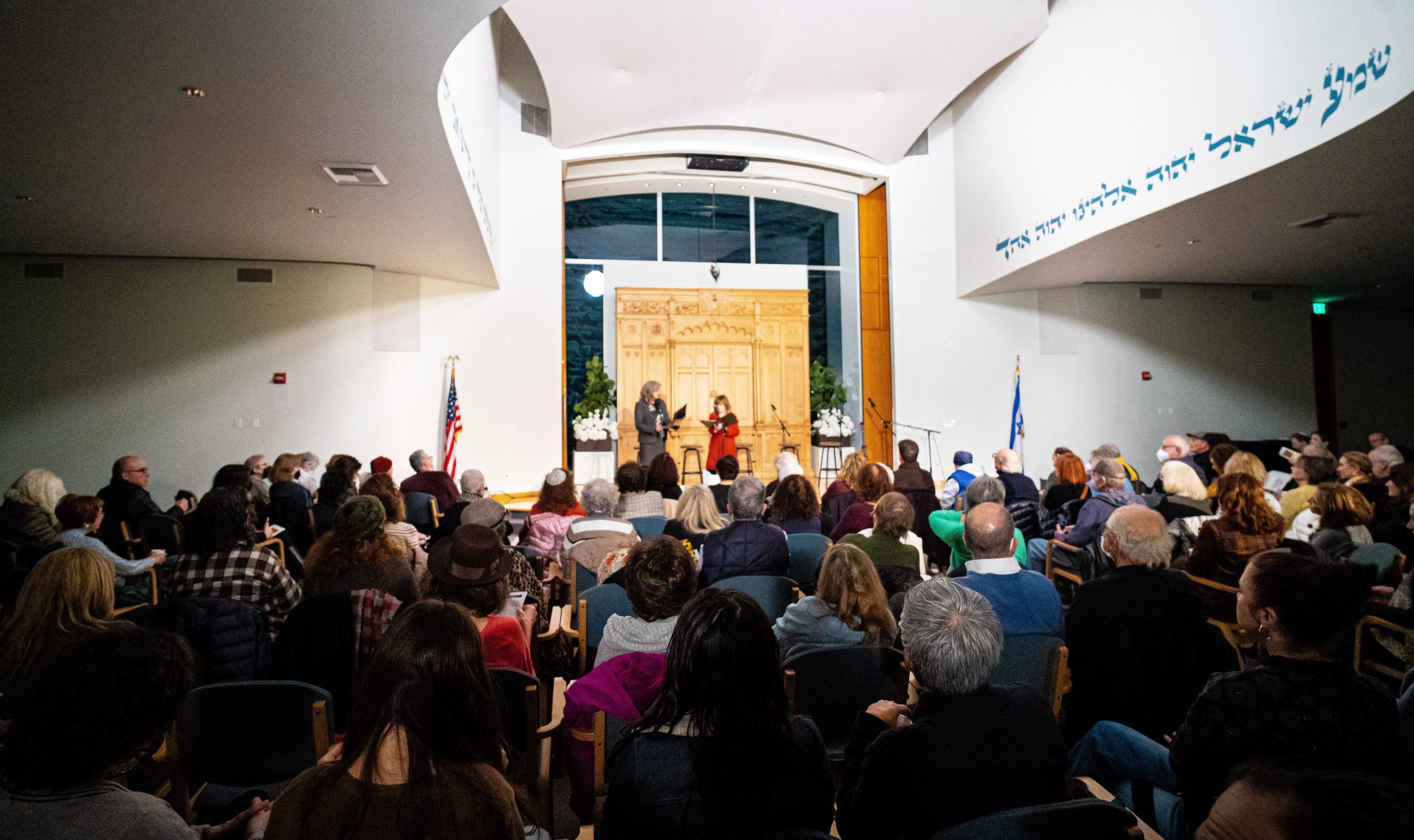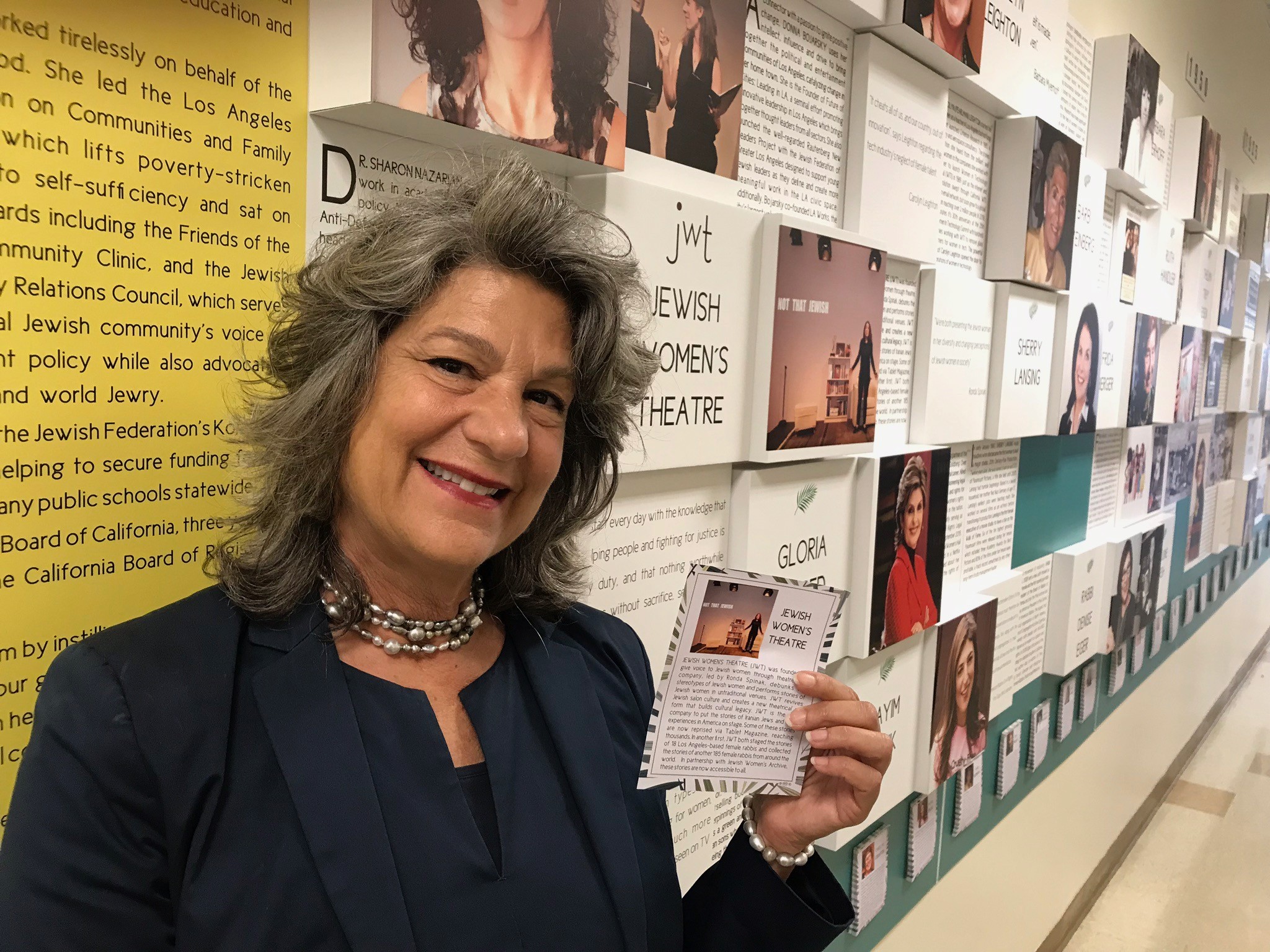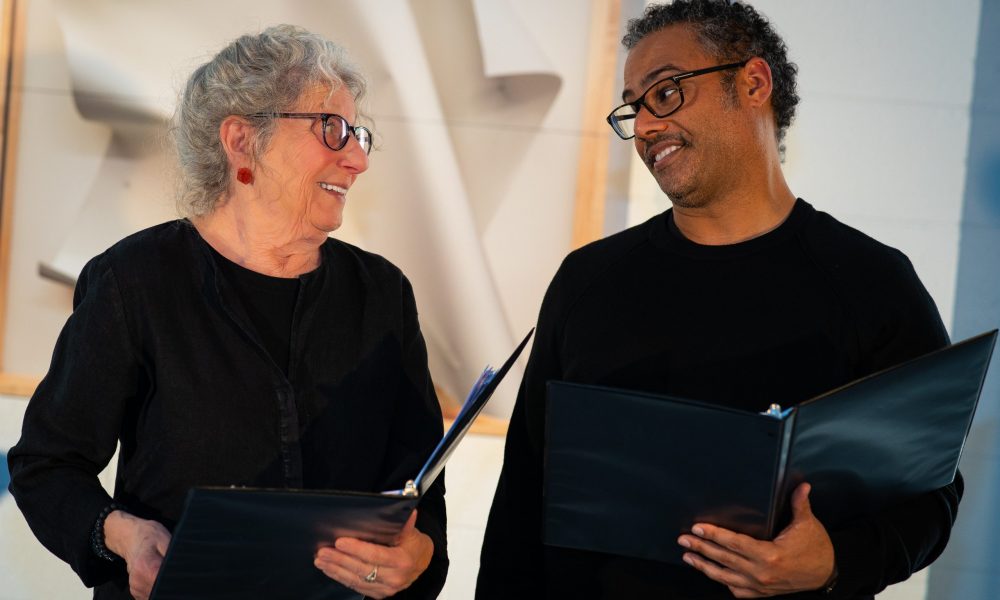

Today we’d like to introduce you to The Braid. They and their team shared their story with us below:
The Braid started out as Jewish Women’s Theatre in spring 2007 with a group of women who know what it meant to be outsiders, to exist in the margins of culture, and to be stereotyped. Until then, no theater company in America had pledged to welcome and encourage contemporary stories by Jewish women and to adapt them theatrically, giving them life in front of a live audience.
We had no space. We had no money. But we did have many talented women wanting to share their stories. And this gave us the courage to create a new way of thinking about theatre. “We are a people of the book,” we reasoned. “What if we focus on the word, the text, the story? What if we revive the age-old tradition of salons: women hosting culture of the day in their homes?”
Sparing the expense of a theater sets, costumes, and props meant we could fully focus on presenting powerful stories in unexpected and convenient locations, reaching many more local neighborhoods across Los Angeles and beyond.
We pioneered a new art form and cultural experience that debuted in the backyard of a home in Pacific Palisades, California, fall 2008 and has grown exponentially since. We launched “Salon Theatre” our signature program creating original shows each with a theme presenting stories, poems, comedic monologues, songs performed by professional actors.
Our first season started with 3 shows with 3 performances each, presented in private homes, reaching 482 patrons. Sixteen years later, we have delighted more than 115,000 community members across the world.
Hundreds of stories by writers ages 13-98 are presented in over 70 original Salon shows, including seminal ones: Saffron & Rosewater—the Persian Jewish experience; Stories from The Fringe—the trailblazing stories of women rabbis; Chutzpah & Salsa—experiences of having a Latino heart and Jewish soul; True Colors—stories about identity from Jews of Color. This season, we’re exploring antisemitism and the strength to stand against it in I Loved Jew, I Loved Jew Not; true stories of today’s Jewish immigrants in Yearning to Breathe Free, and Asian Jews in their own words in What Do I Do with All This Heritage?
While Jewish Women’s Theatre began by focusing on women’s stories, we have evolved to include the stories of all Jews of diverse backgrounds, regardless of gender or sexual orientation. So, during our 13th season and Bat Mitzvah year, celebrating our coming of age as an organization and increased responsibility to Jewish values, we changed our name to The Braid. This name better reflects the entirety of our programming, who we are, and what we are becoming – the nation’s go-to Jewish story company, braiding together performance, programming, art, and conversation grounded in Jewish culture.
We all face challenges, but looking back, would you describe it as a relatively smooth road?
Two days before opening the second Salon of our 2020 season, we found ourselves on lockdown. Homebound and uncertain, The Braid quickly responded by launching Inside Our Time – stories written by our community, performed and recorded at home by our actors, and released one a day for six weeks. Through the telling of our stories, we made sense of the times for a grateful community.
We then became interested in exploring Zoom as a medium. While other theatre productions had encountered real difficulties, the storytelling nature of our shows, without sets or props, made Salon theatre uniquely suited to Zoom. Once again, necessity proved the mother of invention with Salon theatre.
The Braid experimented with two half-hour Zoom productions: a “Salon show”-like adaption of eight stories from Inside Our Time, plus an adaptation of a short play ANNE by Adi Eshman. The Braid’s producing director, Susan Morgenstern, and its artistic director, Ronda Spinak, worked hard to adapt a live theatre style to a Zoom experience.
Audiences responded strongly – much more than anyone had hoped. But the question remained: could Zoom hold their attention for an hour or more, the typical length of a show? There was skepticism. But a passionate argument came from David Chiu, who at the time was part of The Braid’s NEXT Emerging Artist program as a directing fellow. Having been blown away by what Morgenstern and Spinak were able to with Zoom in half hour, he was confident a full-length show would adapt to Zoom and that audiences would stay riveted even with a show double the length.
So, after hearing him out, along with the other NEXT Directing Fellow, Sophie Stern, and then-Assistant Artistic Director Andrew Fromer, Spinak and Morgenstern decided to give Zoom a try. The Braid pivoted to release the rest of its season live on Zoom, innovating our art form. Our Zoom rooms were filled with bigger audiences than we’d ever pulled before, with people across the country. Patrons loved that everyone now had a “front row” seat. Today, years after we’ve returned to in-person performances, we also offer Zoom shows for our new global audience. They are wildly popular, drawing hundreds of viewers from just about every state in American and dozens of countries. Alongside in-person stage experiences, they have become an essential staple of The Braid’s theatre season.
Can you tell our readers more about what you do and what you think sets you apart from others?
The Braid is known for pioneering a new art form, Salon Theatre, at the intersection of storytelling and theatre, spotlighting voices and experiences too often overlooked in both the Jewish community and secular world. We take authentic Jewish stories written by writers and community members across all walks of Jewish life and curate them around a theme to be performed by professional actors.
We’re proud to be a trailblazing organization of transformative “firsts,” including being the first company to stage the stories of Iranian Jews, Russian Jews, Latin Jews, Jews of Color, Queer Jews, Israeli Americans, and women rabbis across the world. This year, in partnership with The LUNAR Collective, we will debut the first-ever theatre show about the lives of Asian American Jews.
In 2021, The Braid’s commissioned work, Stories from the Violins of Hope, was shared globally in partnership with the United Nations Program on the Holocaust and then translated into Spanish and Portuguese to reach audiences in 15 Latin American countries.
The Braid is also known for developing relevant Jewish one-person hit shows, including Not That Jewish by Emmy Award–winning writer Monica Piper, which ran 16 months in LA and then went to off-Broadway, and Rain Pryor’s hit Fried Chicken & Latkes, exploring growing up Black and Jewish.
Do you have any advice for those just starting out?
People like to work with their friends. Yes, building up skill and accomplishments are important, but what often really takes you to the next step — and fuels our creativity — are the professional friendships you make along the way. Not the kind of cynical, surface-level “friendships” that come from strategic networking but from real, genuine connections. It’s not just who you meet at the gala but who you’re standing out in the parking lot talking to long after the gala has turned off its lights. As you and your friends rise up, you’ll help each other more than the sum of your own efforts. It’ll make the long hours more enjoyable because of the people you’re spending those hours with. And your friends — the ones you’ve forged the deepest ties with — will challenge you and call you out and make better because they know they can be real with you.
This also means this: be the person people want to be friends with. Too many stories about tortured geniuses have given us this notion that narcissistic behavior is necessary for artistic creativity. It couldn’t be further from the truth. Being generous and genuine, the kind of person people love being around and who feel comfortable and trusting with, is what builds the strongest and greatest number of professional friendships. These are the people who will help you not only get ahead but help you back up when you fall down. Because they know you’d do the same for them. So, resist the temptation to be that “tortured genius” — or rather, that genius who tortures everyone. Be the kind of person who surprises everyone with donuts instead.
Contact Info:
- Website: https://the-braid.org
- Instagram: @thebraidstories
- Facebook: @thebraidstories
- Linkedin: https://www.linkedin.com/company/the-braid/
- Twitter: @thebraidstories
- Youtube: @TheBraidStories
